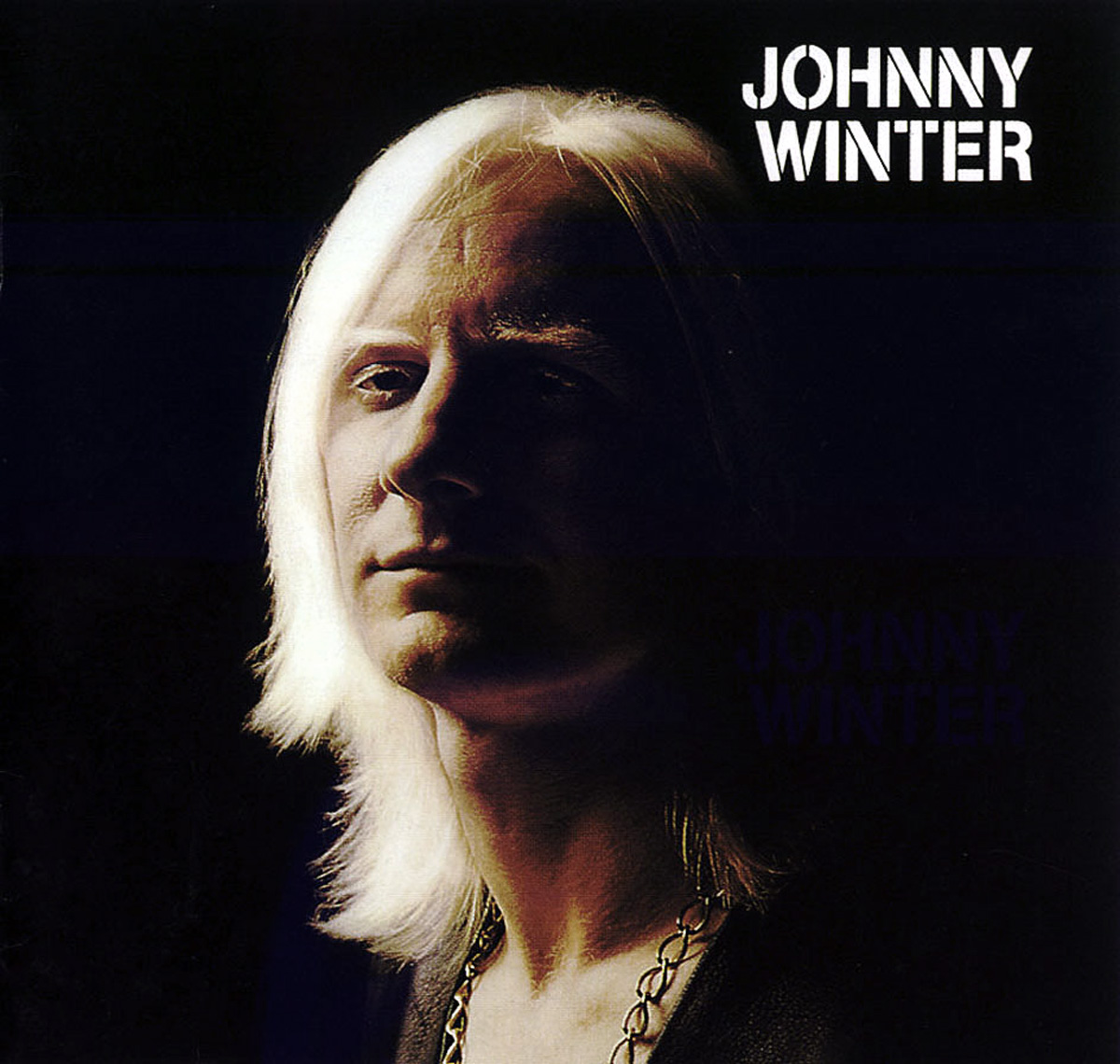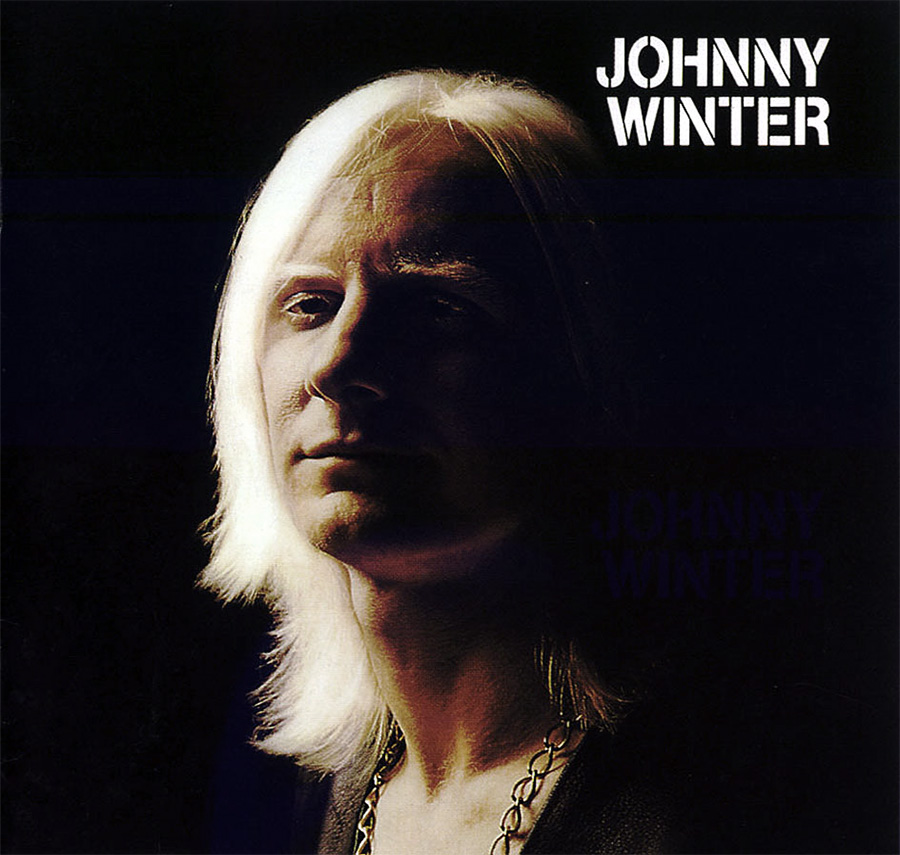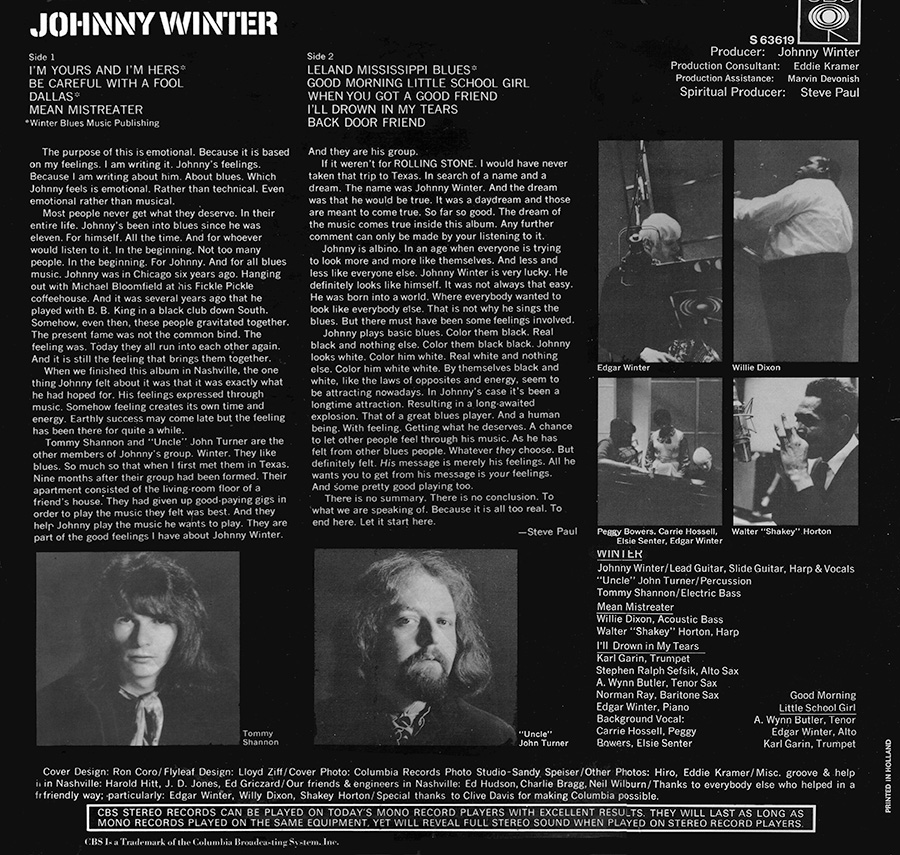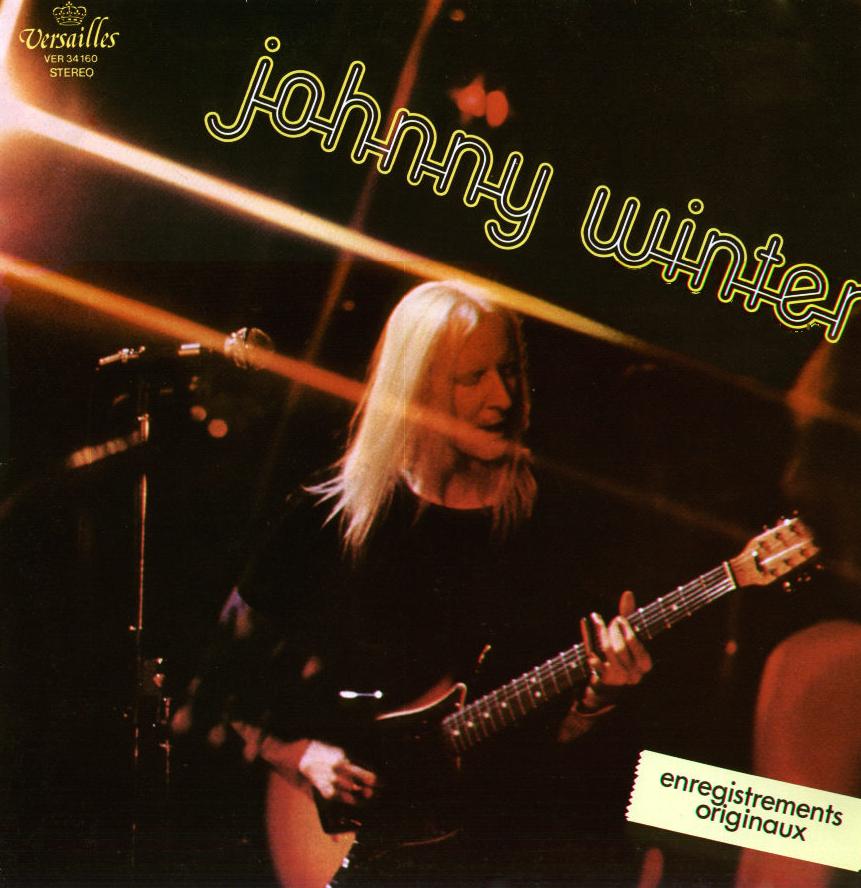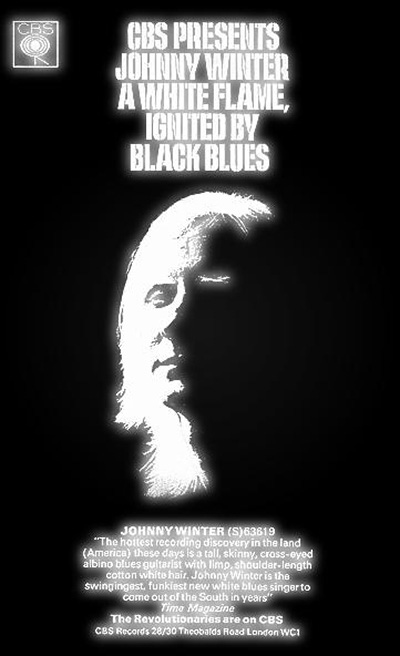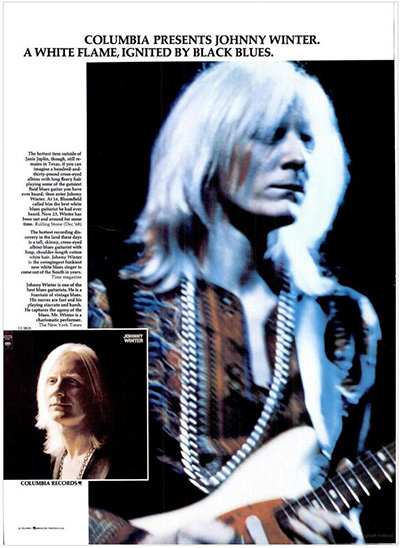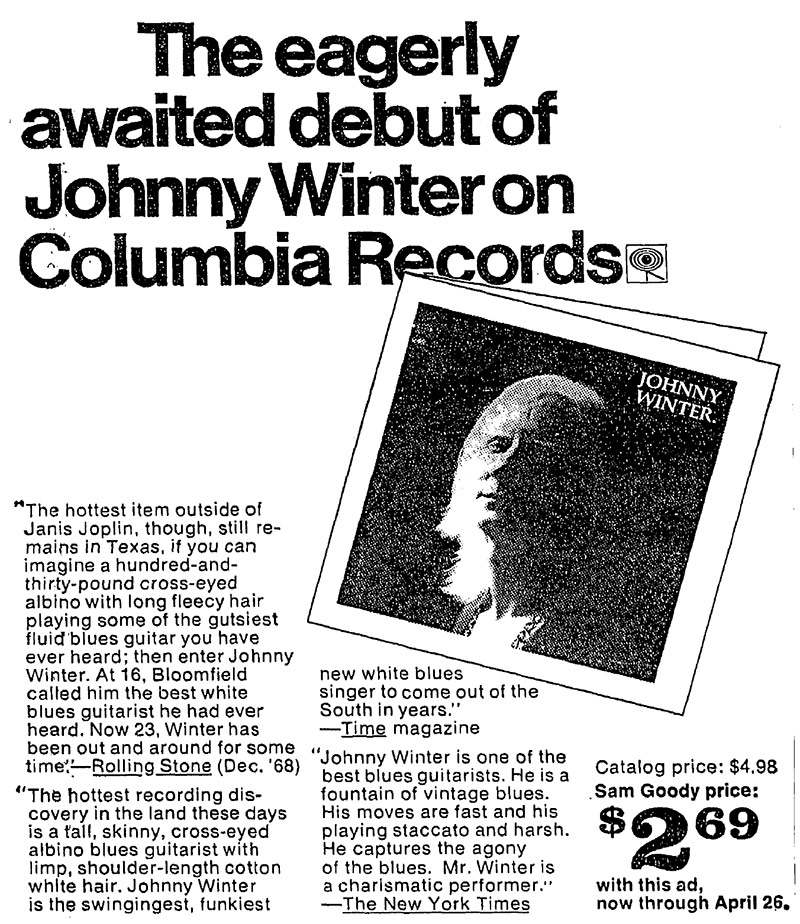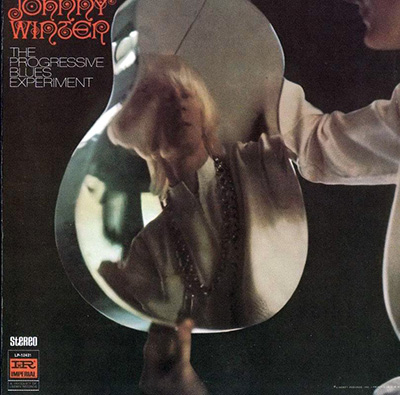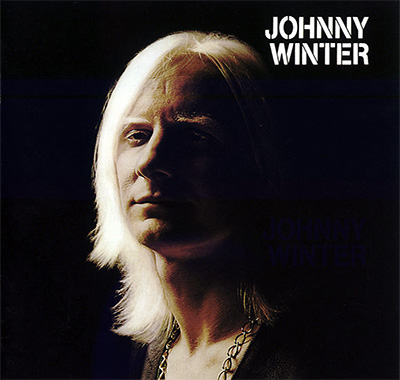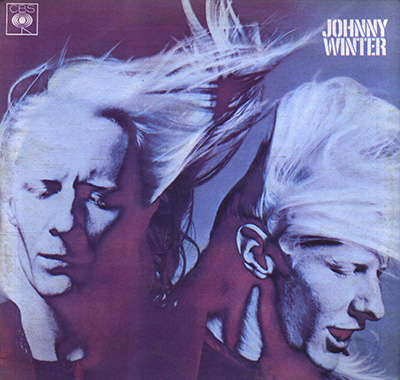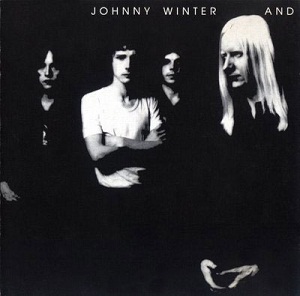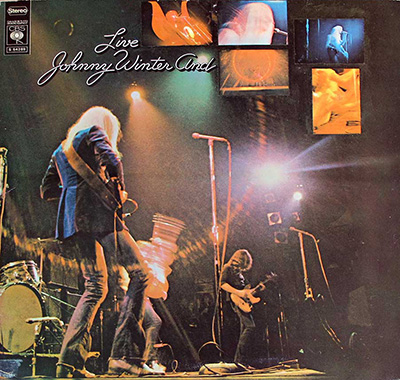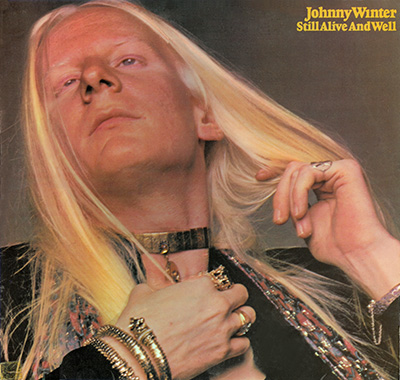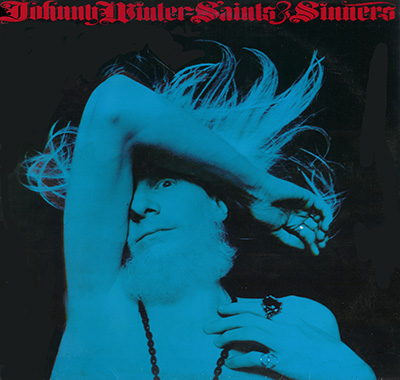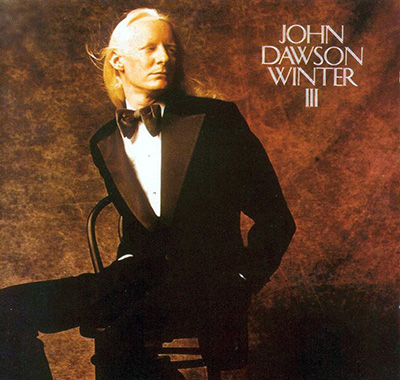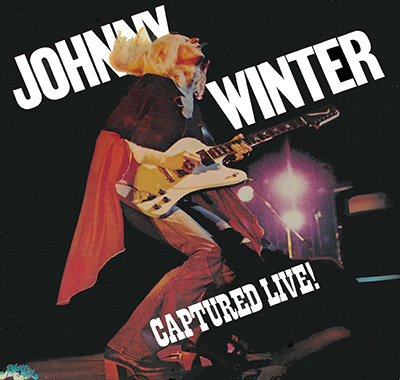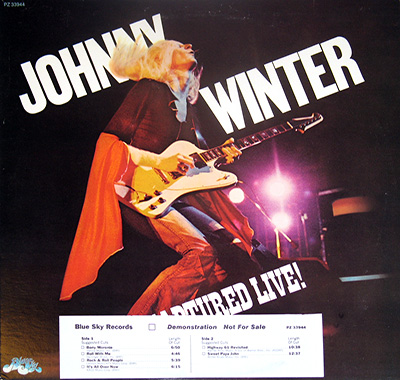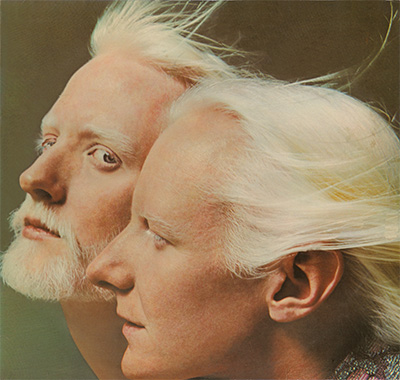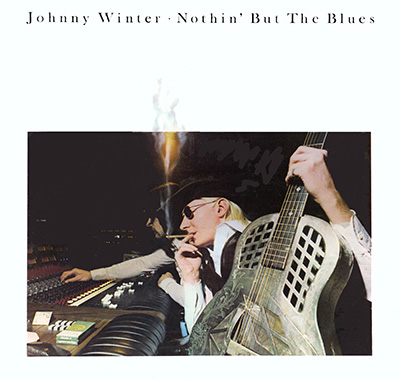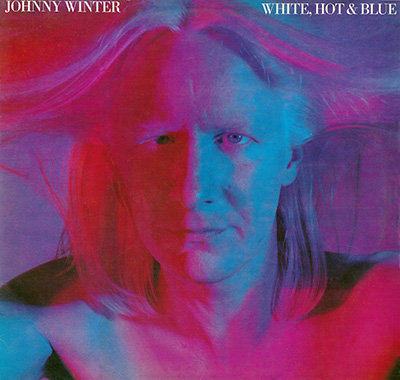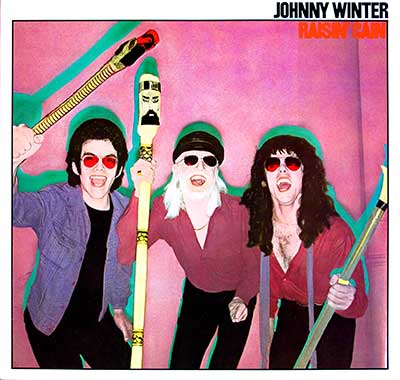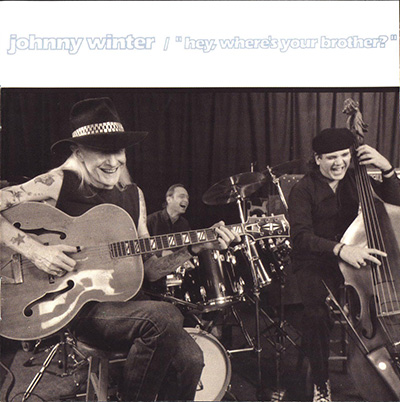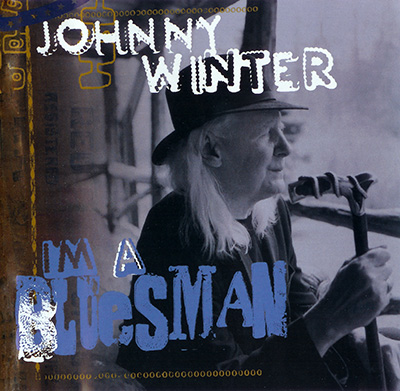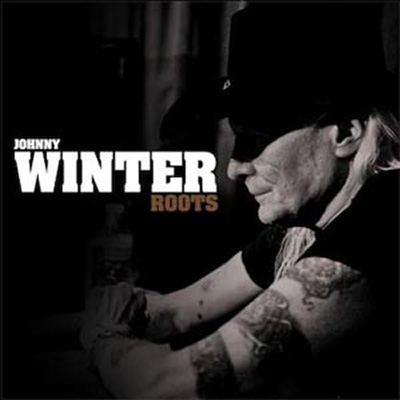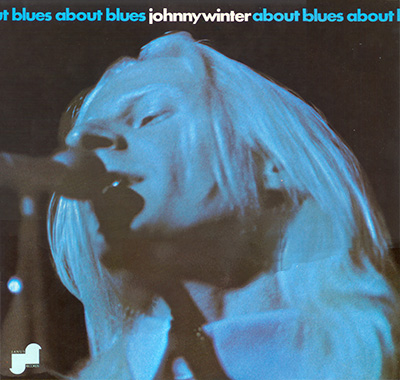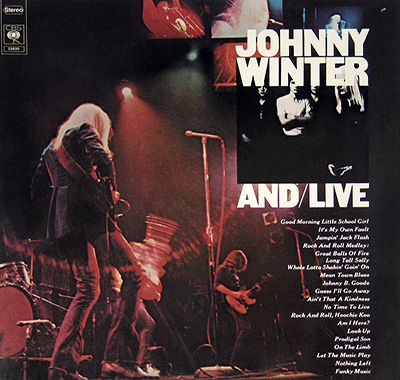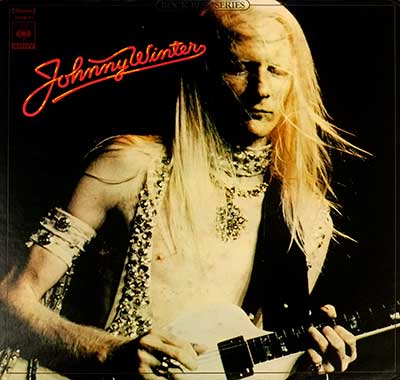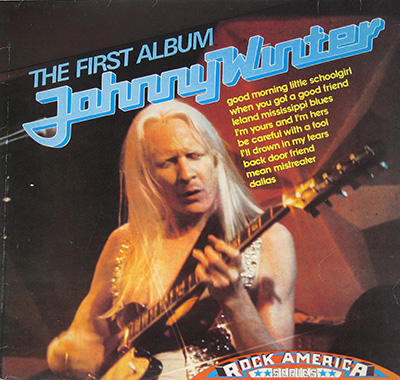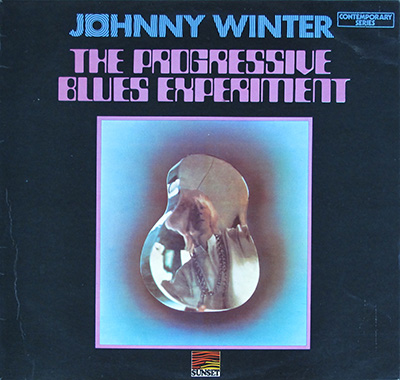With a Little Help from My Friends (Joe Cocker, A&M SP 4182. stereo).
Johnny Winter (Columbia CS 9826, stereo).
Glad I'm in the Band (Lonnie Mack, Elektra EKS-74040, stereo).
Black and Mite (Tony Joe White, Monument SLP-18114, stereo).
Post Card (Mary Hopkin, Apple ST-3351, stereo).
The Adventures of Keith (RCA Victor LSP-4143, stereo).
The World of Oz (Deram DES 18022, stereo).
Large as Life and Twice as Natural (Davy Graham, London PS 552, stereo).
Look at it this way; if among your friends you counted Stevie Winwood and Jimmy Page — not to mention Barrie Wilson and Matthew Fisher of Precut Hamm — you'd be doing all right, right? Well, so is English singer Joe Cocker. The baritone's voice is gritty, flexible — sounding the way David Clayton-Thomas might if he did an impression of Richie Havens. With considerable imagination and taste, the diverse ensemble (at times including a "soul chorus" of Madeline Bell, Brenda Holloway and Rosetta Hightower, among others) tackles gospel, R&B, folkish and pop numbers. The antique "Bye Bye Blackbird" is a Redding-in-spired outing; slow soul blues.
The unusual arrangement ( maracas, rhythm piano, but still bluesy) of Dave Mason's "Feeling Alright" is an intriguing beginning for a record that has so many instant favorites that even top 90 is playing it. Dylan's "Just Like a Woman" is one of these. Cocker's reading, a marvel of insight into song and subject, bespeaks under-standing with a trace of pity but no bitterness or disgust. His falsetto in "Marjorine," a song he helped author, adds just the note of variety and unpredictability'necessary for pleasing contrast. The title cut was a bit in England, but did little here. It and "Don't Let Me Be Mis-understood," plus "I Shall Be Released," are other previously familiar songs.
The occasional lapses on the technical level this prohuncialions are sometimes oddly strangulated) are more than covered by the overall, intelligent, thoughtful musicianship and arrangements. This is a remarkable album: not because it in any hold way departs from much that has been said in the same vein, but because it puts together beautifully (o f t e n novelly) compatible segments of rock in as likable and entertaining a package since the second Blood, Sweat and Tears 1p. Even after writing about rock music and musicians for 12 years, it still amazes and amuses me when some mew "super star" seems to come out of the woodwork, invariably after many years of "paying dues" in one way or another.
The latest is Johnny Winter, who hit the rock-blues scene recently with great notices from rock's "legitimate press," such as Rolling Stone, Jam and Pop and others of that genre. If Cocker has great frknds, Winter has the blessings of one of the most respected men in blues, Willie Dixon, and that has to he the big bonus for the young albino blues artist (how about that for extremes?). The best aspect of this very solid set is that every track has something to recommend It. Each is well-grounded male and Winter may well be one of the brighter WHITE artists of the past year. His guitar and harp work are top-rate, also.
I remember Lonnie Mack when he was Just another rock and roll so-so artist who never quite made it, but these many years later, and with his talent developed consider-ably, Lonnie is back; and maybe even in style. Instrumentally, his guitar work is skillful, as on Berry's "Memphis," and vocally, he is adequate, or even a bit better. His material was selected with an ear toward the past and with an eye on young buyers. Among the better tracks are "Roberta," "She Don't Come Here Anymore ," "In.the Band" and "Sweat and Tears." After Cocker and Winter and to a degree, Mack —
Tony Joe White is a bit bland, but he does a fair job on his own works, which fill side one. Perhaps, though, the fact that these are unfamiliar makes them sound better; there is nothing with which we can compare them. Side two, however, has things like "Little Green Apples," "Wich-ita Lineman" and "Leak of Love," so there are other points of reference. And that's where Tony Joe dips a bit. Mary Hopkin, the first real discovery for Apple Records, has a precious little album which is light, fragile and a welcome diversion. One moment she sounds like today's hit parade ("Those Were the Days") and the next like an old movie ("Love Is the Sweetest Thing"). Mary's voice is delicate and virtually without depth or character, but her sound should be good for perhaps one other album.
The next will be based on "Goodbye," which, regretably, is not here. I hope I'm wrong about Mary's short future, especial-ly when no-talents like Tom-my Roe stay big after years, but the future will prove me right. I'll bet you my bippy it does.
Source: 69-05-25 Appleton, WI
